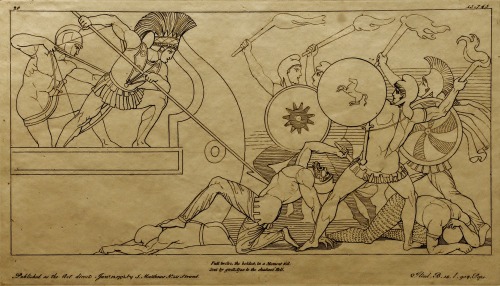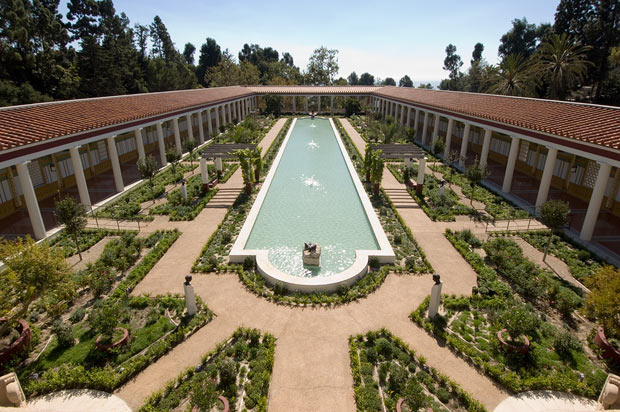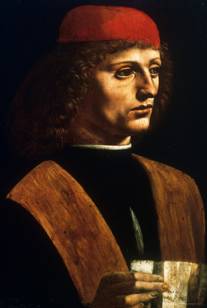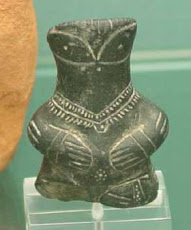
Democritus guesses again: "He [Democritus] said that the ordered worlds are boundless and differ in size, and that in some there is neither sun nor moon, but that in others, both are greater than with us, and yet with others more in number. And that the intervals between the ordered worlds are unequal, here more and there less, and that some increase, others flourish and others decay, and here they come into being and there they are eclipsed. But that they are destroyed by colliding with one another. And that some ordered worlds are bare of animals and plants and all water." -- Hippolytus, priest, 2nd century
Triple Star System May Challenge Einstein Theory
A recently discovered triple-star system could help a team of international researchers test for a potential flaw in Albert Einstein's theory of General Relativity, possibly shedding light on the true nature of gravity.
Originally spotted by an American graduate student using a steerable radio telescope, the unique star system features two white dwarf stars and a super-dense pulsar, or neutron star.
"This triple system gives us a natural cosmic laboratory far better than anything found before for learning exactly how such three-body systems work and potentially for detecting problems with General Relativity that physicists expect to see under extreme conditions," Scott Ransom, an astronomer with the U.S. National Radio Astronomy Observatory, said in a statement.
Related Links
Covering an area smaller than the Earth's orbit around the sun, the star system's close orbit will allow researchers to observe a potential violation in Einstein's theory of General Relativity: the strong equivalence principle.
What is 'strong equivalence'?
The principle states that the effect of gravity on a body doesn't depend on the nature or internal structure of that body.
Pulsars emit "lighthouse-like beams of radio waves" so by conducting high-precision timing of the pulses coming from the pulsar, the triple-star system could reveal clues to the true nature of gravity, University of British Columbia astronomer Ingrid Stairs told CTVNews.ca on Monday.
"Finding a deviation from the strong equivalence principle would indicate a breakdown of General Relativity and would point us toward a new, revised theory of gravity."
The results are published in Nature and will be presented at the 223rd American Astronomical Society meeting.





















